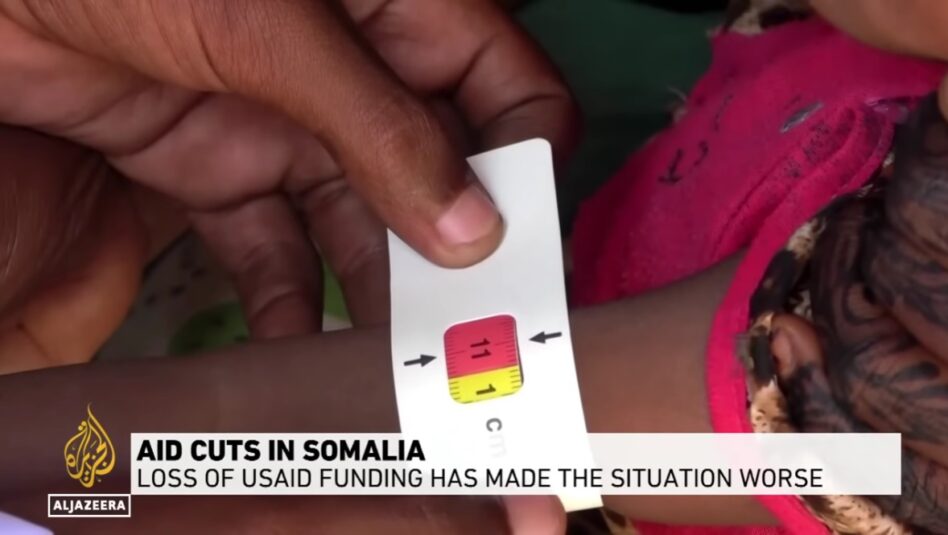BANGKOK: Thailand’s central bank is still concerned about the strength of the baht and is ready to take further action if necessary, a deputy central bank governor said on Tuesday.
The baht’s gains have been driven by the country’s large current account surplus, and not speculation in the currency, Mathee Supapongse told a news briefing.
“We have a lot of weapons ready, but there is no speculation from foreign investors yet,” he said, adding the central bank was monitoring the market closely.
As Asia’s best performing currency in 2019, the baht rose nearly 9% against the dollar, putting more pressure on the export-dependent economy amid global trade tensions and markets are concerned the authorities will introduce capital controls, among other steps.
The baht traded at 30.24 per US dollar at 0510 GMT.
Rising international reserves show the Bank of Thailand (BOT) has closely managed the baht by buying dollars, Mathee said. The reserves increased by US$18 bil to US$223 bil in 2019.
“If the BOT had not intervened, the reserves would not have risen and the baht may have been stronger than this,” he said.
But the central bank is mindful of side-effects and limitations of currency intervention, as it may face trade protagonist measures from other countries, he said.
On Monday, the US Treasury said Thailand was close to triggering thresholds to be added to its currency monitoring list.
Mathee also said quantitative easing was not suitable for Thailand due to very high liquidity and it would largely benefit certain business groups.
The central bank will further relax rules to spur outbound investment to help ease upward pressure on the baht, he said.
Last year, the BOT introduced steps against short-term speculative inflows and relaxed rules to spur fund outflows in a bid to curb the baht’s strength.
In November, the central bank said within the next three months the limit exporters can keep proceeds abroad will be raised to US$1 mil per lading bill from US$200,000 currently. Such proceeds account for about 80% of all exports.
While the baht’s appreciation has affected the economy by hurting export competitiveness, it has benefited importers and companies and individuals with foreign debt, he added.
The central bank has forecast Southeast Asia’s second-largest economy will expand 2.8% this year after growing by an estimated 2.5% in 2019, a five-year low. – Jan 14, 2020, Reuters









